Achieve compliance, enhance transparency, and unlock green financing through globally recognized certifications, mandatory systems, and digital ESG solutions.

A globally recognized certification evaluating environmental performance, resource efficiency, and occupant well-being across building life cycles.
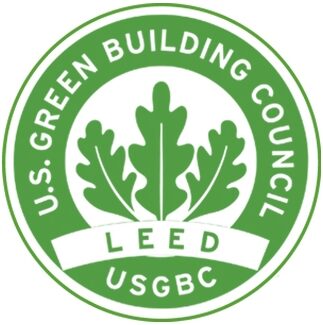
A comprehensive framework for sustainable design, construction, and operation, emphasizing energy and water efficiency, sustainable materials, and indoor air quality. Offers four certification levels.
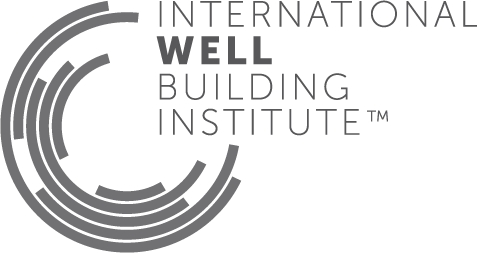
Focuses on human health and wellness through metrics like air, water, lighting, nourishment, and mental well-being.

Hong Kong’s local green building rating tool, tailored to assess energy, water, materials, and indoor environmental quality.
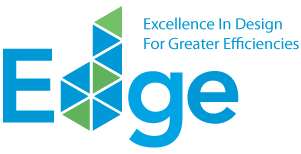
An international certification focused on energy, water, and material efficiency, offering a streamlined process for residential and commercial projects.

A holistic German system evaluating environmental, economic, sociocultural, and technical aspects with a strong emphasis on life-cycle value.
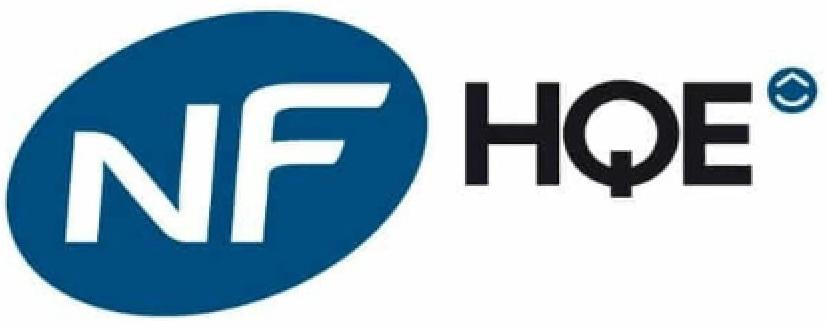
A French certification promoting energy efficiency, resource management, and occupant comfort in building design and operation.

Australia’s tool for measuring environmental impact, resource efficiency, and occupant health across building types.
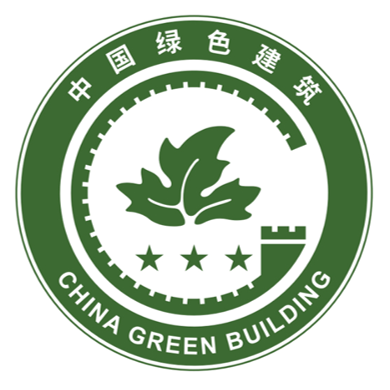
Supports national sustainability policies through criteria for energy, land use, indoor quality, and resource management.
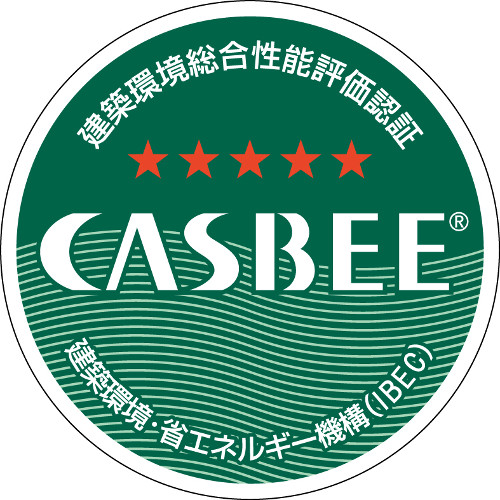
A Japanese system assessing building efficiency, resource use, and comfort, incorporating urban environmental impact.
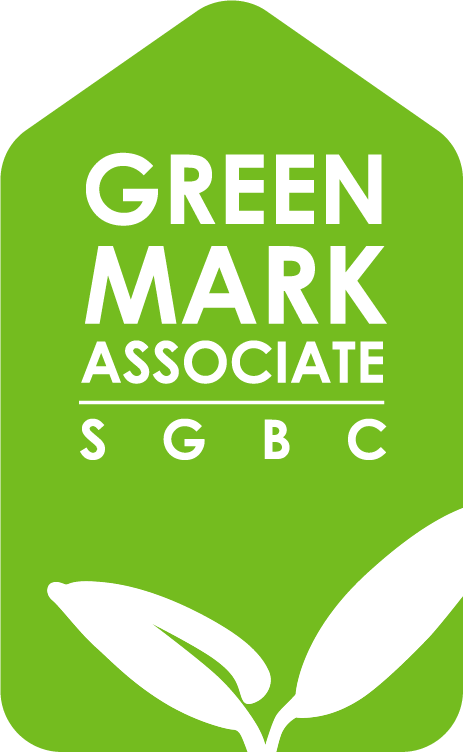
Singapore’s national certification evaluating energy and water efficiency, environmental protection, and indoor quality.

An ESG-driven framework integrating BIM, Energy, Legislation, Urbanism, Circularity, IEQ, and Site. Combines global standards with digitalization and circular economy principles.
Measures operational energy, water, waste, and indoor environment performance for Australian buildings.

A French regulation enforcing low-carbon construction and strict energy efficiency standards for new buildings.
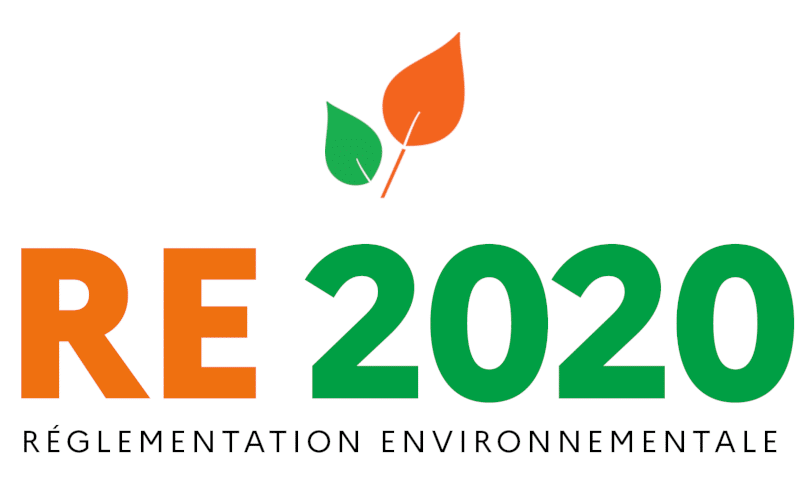
South Korea’s mandatory assessment system evaluating energy, water, materials, and indoor environmental quality.
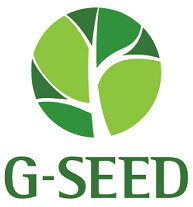
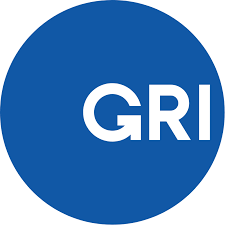
Provides standardized guidelines for disclosing ESG performance with sector-specific guidance.

Focuses on climate-related financial disclosures covering governance, strategy, risk, and metrics.
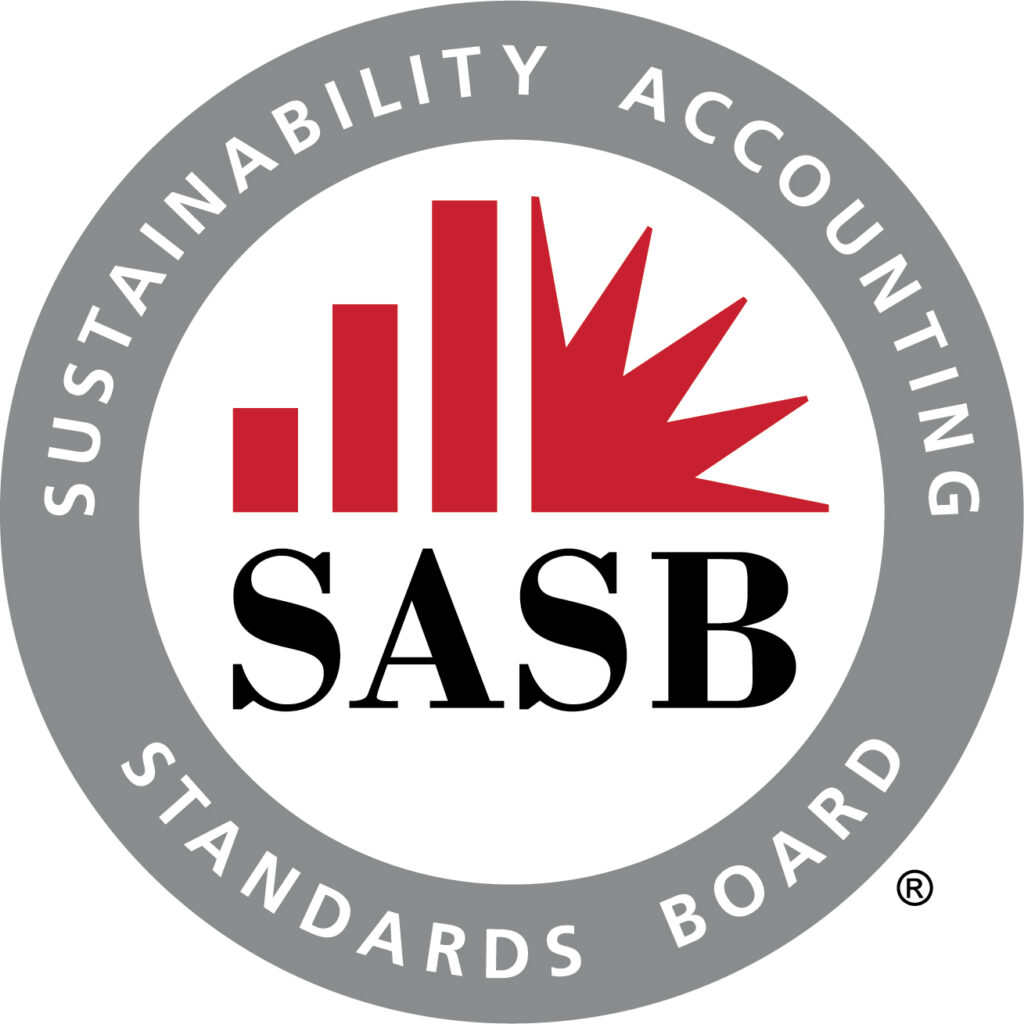
Industry-specific standards for reporting material ESG metrics like energy, emissions, and efficiency.
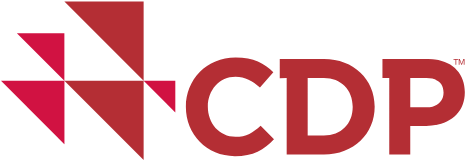
Facilitates disclosure of carbon emissions, water use, and climate risks to enhance transparency.
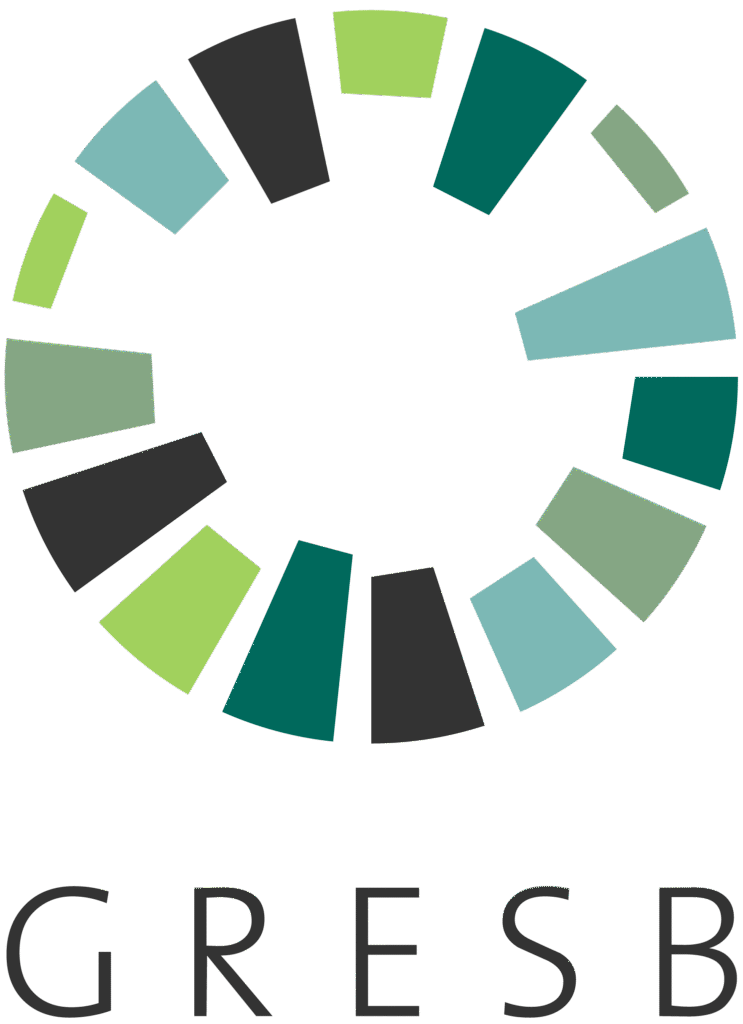
Assesses ESG performance for real estate assets and portfolios through benchmarking and reporting.
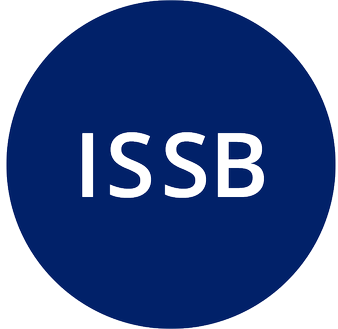
Develops global sustainability reporting standards for consistent and comparable ESG disclosures.

A framework integrating ESG factors into investment decisions for responsible real estate investing.
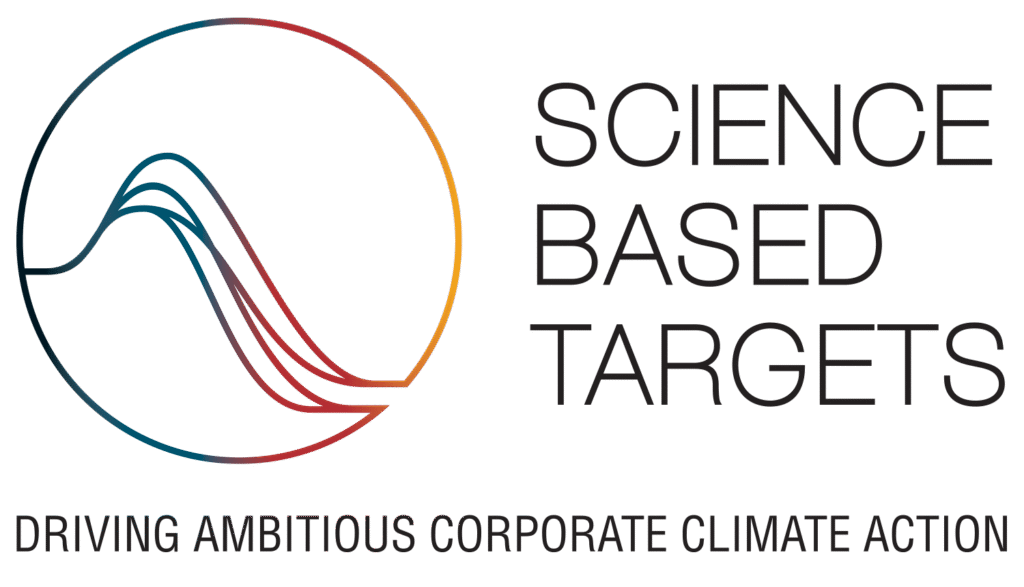
Helps companies set science-based emission reduction targets aligned with climate goals.
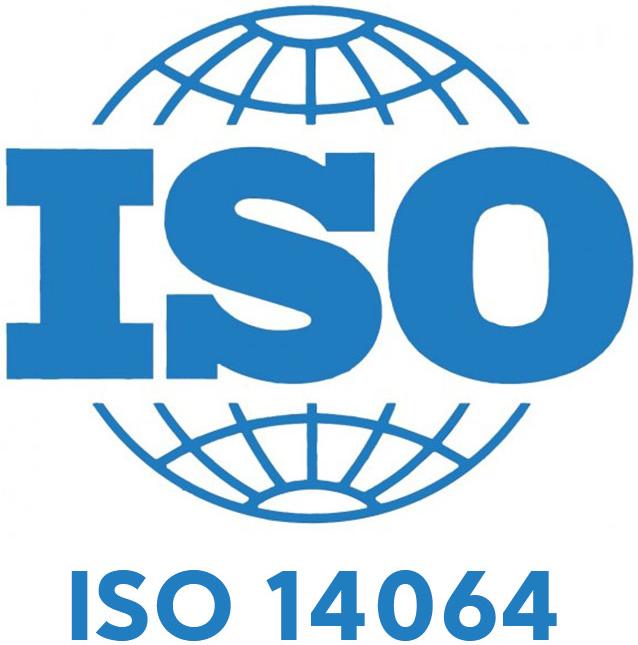
International standard for measuring and reporting greenhouse gas emissions.
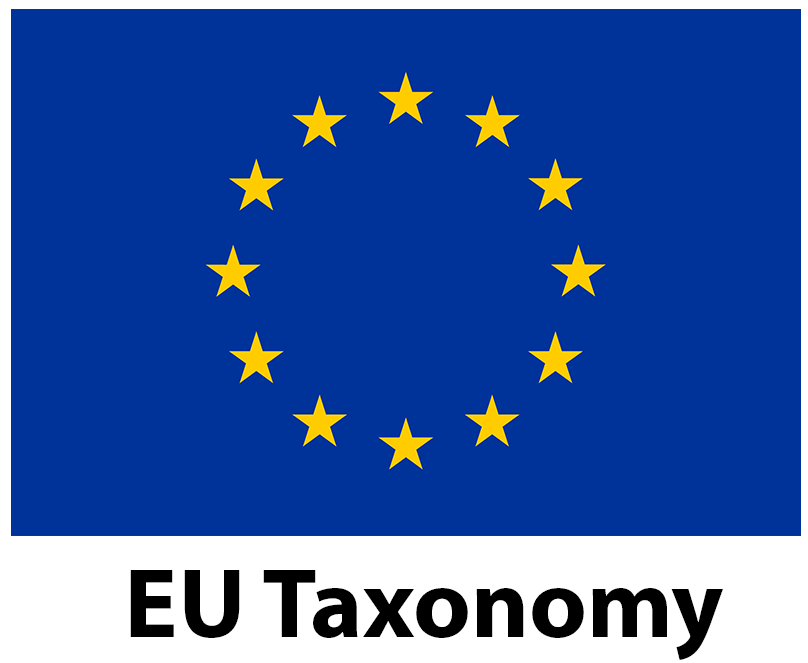
Defines criteria for sustainable economic activities, guiding compliant real estate investments.
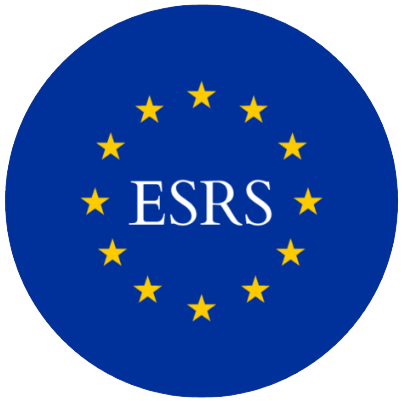
Standardized EU reporting rules across ESG topics to improve transparency and compliance.

Connects financial and ESG performance in integrated reporting for long-term value demonstration.
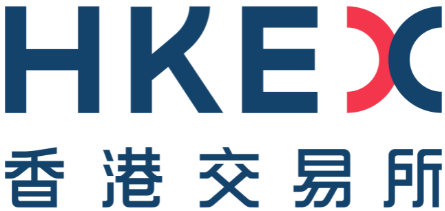
Mandatory disclosure requirements for listed companies in Hong Kong covering ESG performance.
A blockchain-verified, NFT-based ESG VISA “advanced digital passport” for each building, capturing its environmental history, compliance status, structural integrity, and carbon footprint—updated in real time.
Stores verified IEQ, emissions, and structural data on blockchain + IPFS for permanent auditability.
Syncs with IoT sensors, mobile patrol data, and AI analytics to ensure the passport reflects current performance.
Aligns data formats with BEAM Plus, LEED, BREEAM, WELL, Green Star, and other recognized frameworks for seamless compliance.
Maintains a complete ESG and performance record from construction to operation and retrofit.
Supports participation in carbon credit trading and green finance programs by providing verifiable building-level ESG credentials.

ESG VISA is a smart compliance and sustainability platform that transforms real-time building data into actionable ESG insights. By combining IoT monitoring, AI-driven analytics, and blockchain-secured records, it makes environmental compliance effortless, transparent, and value-adding for property owners and managers.
G/F SHOP14 GODFREY CENTRE 175-185 LAI CHI KOK ROAD MONGKOK KLN
ROOM 314, 3RD FLOOR,NO. 18, YUEXING 1ST ROAD, NANSHAN DISTRICT, SHENZHEN
(+852)2123 9308
(+852) 68360888
Enter your email to get your free copy of the Guide.
ESGVISA ©2025 All Right Reserved